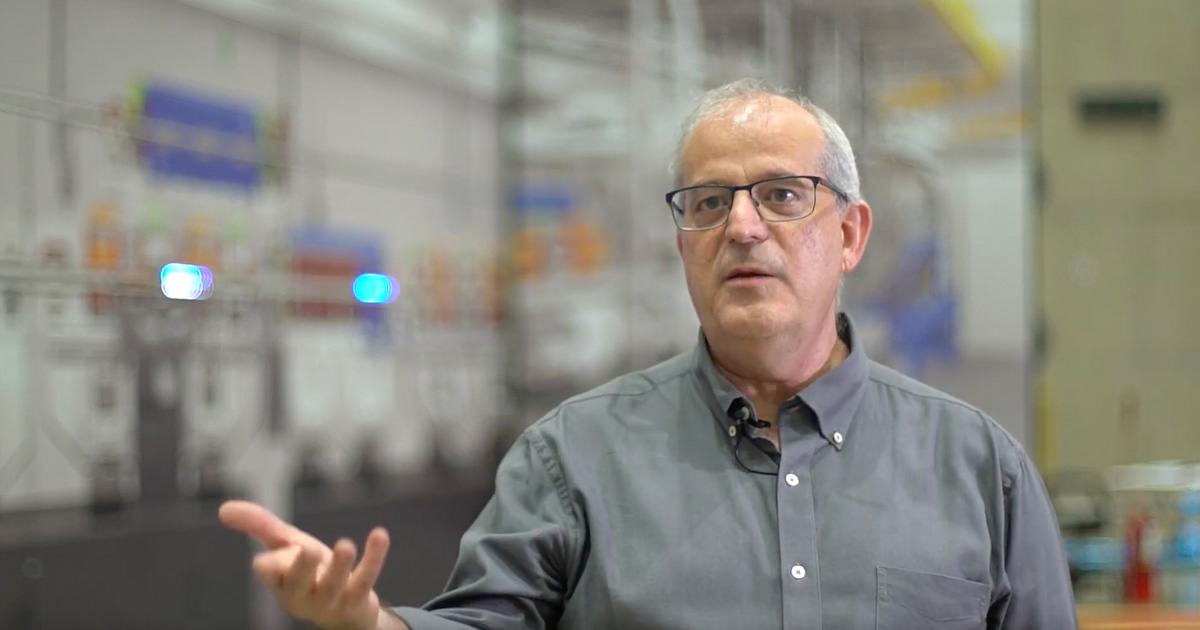USP physicist receives Álvaro Alberto Award. Antônio José Roque da Silva, leading Sirius, was recognized with one of the main awards in the field of science and technology in Brazil, by Revista Pesquisa FAPESP.

CNPqJosé Roque, general director of CNPEM: leading SiriusCNPq
The Almirante Álvaro Alberto Prize for Science and Technology 2025 was granted to physicist Antônio José Roque da Silva, full professor at the University of São Paulo (USP), coordinator of the Sirius project, and general director of the National Center for Research in Energy and Materials (CNPEM) in Campinas.
Awarded by the National Council for Scientific and Technological Development (CNPq), in partnership with the Ministry of Science, Technology and Innovation (MCTI) and the Brazilian Navy, the award is one of the most important in science in Brazil, and this 37th edition honored the area of Exact Sciences, Earth and Engineering.
The award ceremony will take place on May 8 at the Naval School headquarters in Rio de Janeiro, and consists of a diploma, medal, and R$ 200,000, granted by CNPq. The Brazilian Navy, in turn, offers a trip to Antarctica and another to the Navy's Technological Center in São Paulo.
Silva led the design and construction of Sirius, one of the most advanced synchrotron light sources in the world, with a state-of-the-art particle accelerator at its core, over 15 years.
“Sirius is the materialization of what Brazilian science can achieve when there is long-term vision, adequate investment, and appreciation of knowledge. It is a concrete example of the technical and intellectual capacity we have in Brazil, something that must be proudly shown to society,” he said in a CNPEM statement.
Currently, the physicist is working to make the Orion project feasible, a laboratory complex for advanced pathogen research, which includes maximum biological containment facilities in Latin America, known as NB4, which will be the first in the world connected to a synchrotron light source.
This year, the following emeritus researchers were also honored: physicist and former president of the Brazilian Society for the Advancement of Science (SBPC) Ennio Candotti (1942-2023, in memoriam); USP mathematician Newton da Costa (1929-2024, in memoriam); engineer Fernando de Mendonça, founder and first director of the National Institute for Space Research (Inpe); linguist Leda Bisol, from the Federal University of Rio Grande do Sul (UFRGS); philosopher Marilena Chauí, also from USP; and infectious disease specialist and professor at the Federal University of Bahia (UFBA) Roberto José da Silva Badaró.
Special Mention of Gratitude was given to professor and researcher in International Law at UFRGS Cláudia Lima Marques and three legal entities: the British Council (BC), the Rio Branco Institute (IRBr/MRE), and the Latin American and Caribbean Development Bank (CAF).
A version of this text was published in the printed edition represented in the pdf.
This text was originally published by Pesquisa FAPESP under the Creative Commons CC-BY-NC-ND license. Read the original here.
